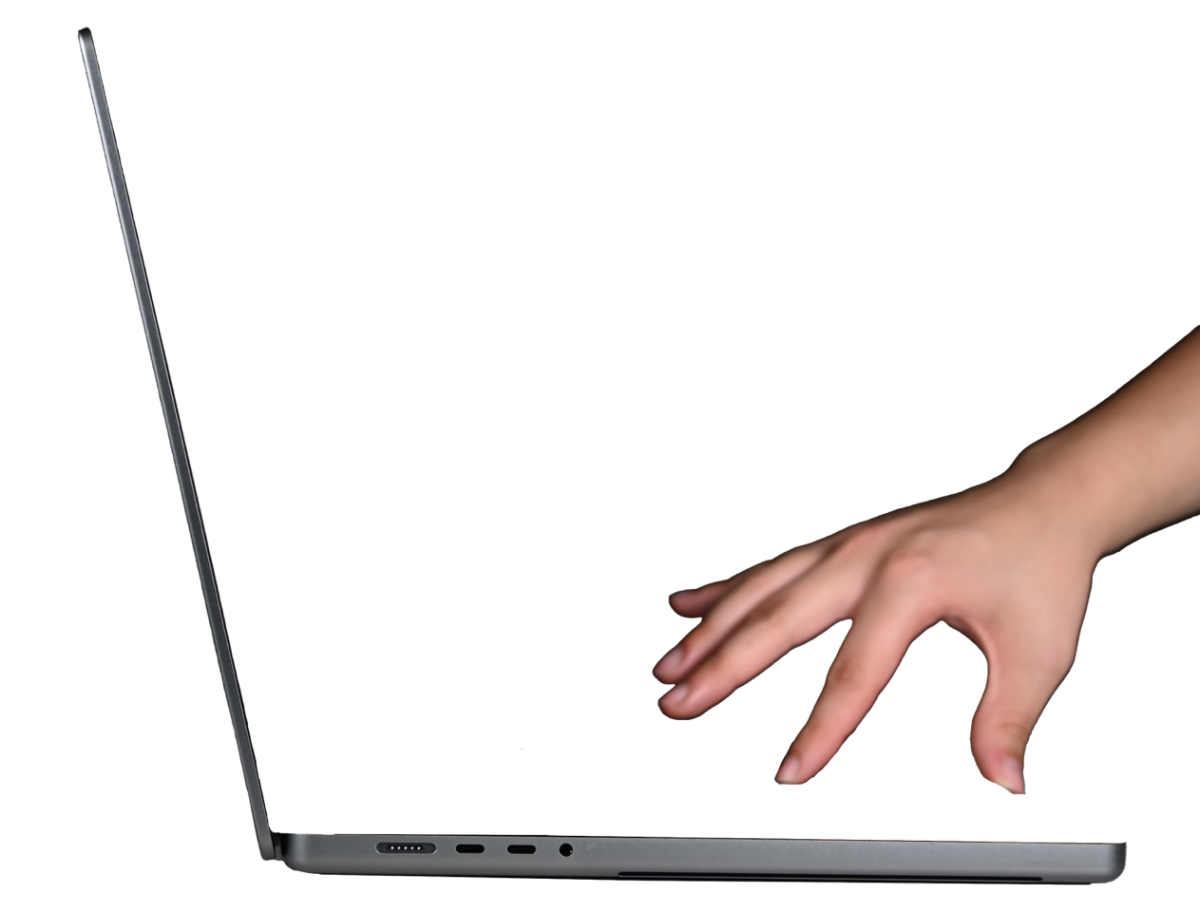The growing presence of ChatGPT on college campuses has sparked discussions among students and faculty on its origins, purpose and ethical use. These discussions have been at the center of the debate, and while students may appear to be leading the debate, faculty members also have something to say.
Laura Bottomley, the director of the engineering education program, said artificial intelligence didn’t come into being as of recently.
“It’s been around actually for many years,” Bottomley said. “In fact, artificial intelligence is all around us. If you type something into your computer and there’s a spell checker, that’s used there.”
While AI might not be something new, the infiltration of ChatGPT within classrooms is new for many professors.
Roy Schwartzman, a communications professor, said the process of using ChatGPT is iterative.
“Think as if you’re training an intern,” Schwartzman said. “If an intern doesn’t do something correctly the first time, you don’t just quit and give up or fire them. What you do is, then you continue the conversation; you continue the chat, and you say something like, ‘I would like you to add to your response.’”
In a way, ChatGPT is acting as a student’s personal intern, offering solutions to STEM and humanities majors alike.
“It’s really almost like a brainstorming partner, David Rieder, an English professor. “It will help [students] generate content that they could paraphrase or even quote from. These chat models are really nice for fast tracking your connection to a topic, getting to a more nuanced and sophisticated engagement with the topic.”
For STEM, Paul Franzon, electrical and computer engineering professor, said ChatGPT can be helpful in solving coding issues.
“You can put an English description of the function you want, and you’ll get back code,” Franzon said. “You can also put in code and describe a bug, and it might suggest improvements that might be useful [or] might not be.”
There are still internal limitations with ChatGPT, its generic tone being one example.
“It’s very generic,” Reider said. “By telling ChatGPT, for example, ‘Imagine that you’re a professor of rhetoric. Imagine that you are this kind of person or that you have this kind of feeling or attitude,’ then the response is going to be written differently.”
This shows ChatGPT is far from a perfect tool, but more than anything that it can’t do homework all by itself.
“It doesn’t have any context for things like the class discussions, the full readings of the course, what this specific instructor has been saying or focusing on,” Schwartzman said. “It’s like, you know, handing the assignment to your roommate and saying, ‘Here, do this.’”
Bottomley demonstrates to her students in class how AI can even be used to contradict itself.
“What I was desiring to demonstrate to them was that it is a tool,” Bottomley said. “It’s not necessarily a 100% reliable tool, and so we need to be able to understand what its limits are, what its capabilities are and we need to teach that to our students as well.”
ChatGPT also has the potential to confabulate, meaning to create information that isn’t true but instead resembles information that has been given to the chatbot. Schwartzman said that when asking ChatGPT to write his biography, it came back with a strange stew of fact and fiction.
“It seems to be able to pull information that you can verify on the department’s website, but then it kind of goes crazy,” Schwartzman said. “And each time I would prompt for this, it would tell me I earned my Ph.D. from a different university, none of which after like half a dozen passes was correct.”
Schwartzman also said this will change how assignments and class interactions happen.
“I think that this is a wake up call for all instructors to consider how to construct assignments and to have interactions with students that are more deeply stimulating than just these kinds of mechanical tasks,” Schwartzman said.
With AI not going anywhere, both college professors and students are continuing to explore this new technology to better understand how to use it.
“We will find new places and new ways to use it which we hope will be guided by an ethic that we are developing and considering in inculcating at the same time,” Bottomley said.








